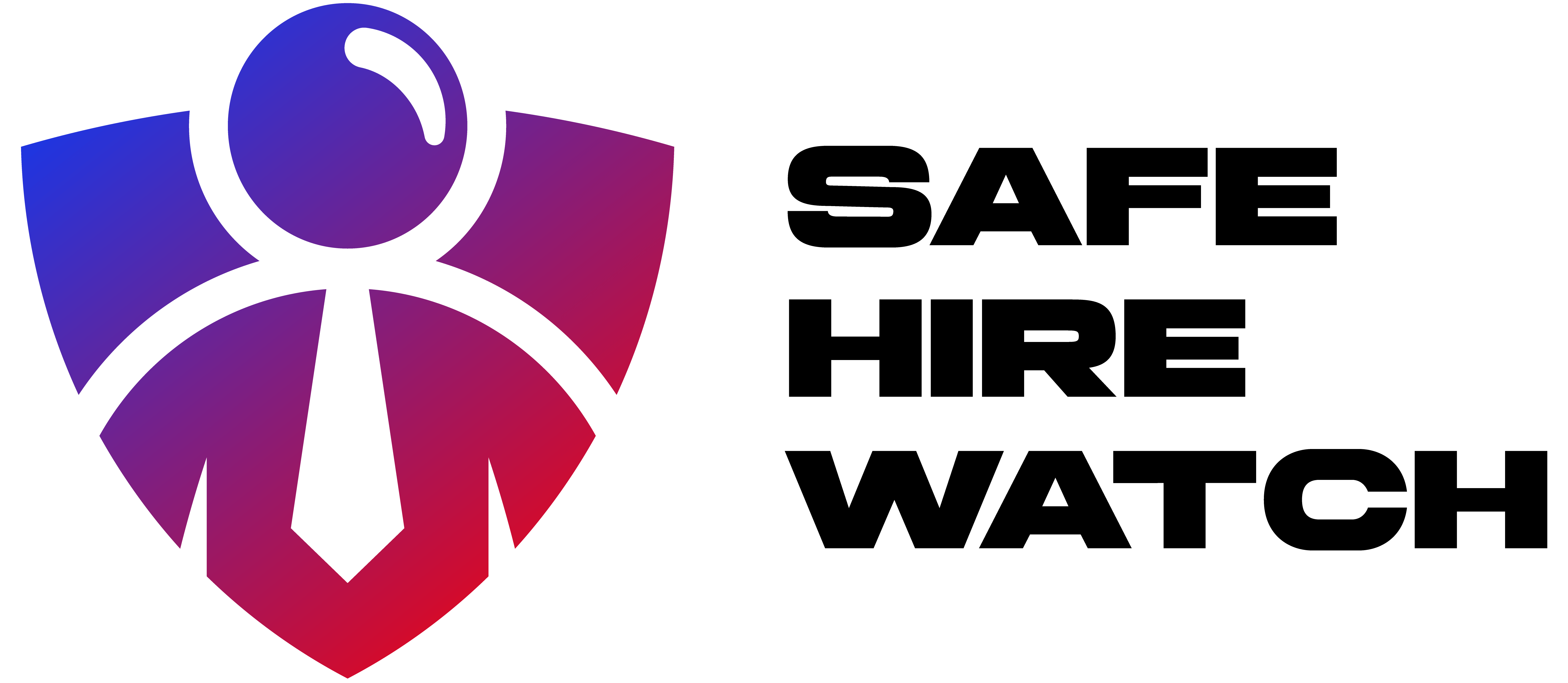Sensitive industries, such as finance, healthcare, legal, and security, face unique challenges when it comes to hiring. These sectors deal with confidential information, high-stakes decisions, and often, matters of public safety or national security. As such, the hiring process in these industries requires a specialized approach that goes beyond standard recruitment practices.
This handbook is designed to guide HR professionals, hiring managers, and executives through the intricacies of recruiting for sensitive positions. We’ll explore the specific challenges these industries face and provide comprehensive strategies to ensure you’re bringing on board not just skilled professionals, but individuals who can be trusted with the responsibilities that come with working in a sensitive field.
Defining Sensitive Industries
Sensitive industries typically include, but are not limited to:
- Finance and Banking
- Healthcare and Pharmaceuticals
- Legal and Judiciary
- Defense and National Security
- Government and Public Administration
- Technology and Cybersecurity
- Energy and Nuclear Power
These industries share common characteristics such as:
- Handling of confidential or classified information
- Strict regulatory environments
- High potential impact of errors or misconduct
- Need for specialized knowledge or clearances
Unique Hiring Challenges in Sensitive Industries
- Heightened Security Requirements: Candidates often need to pass rigorous background checks and security clearances.
- Regulatory Compliance: Hiring processes must adhere to industry-specific regulations and standards.
- Specialized Skill Sets: Positions often require niche expertise that can be difficult to assess and verify.
- Confidentiality Concerns: The hiring process itself may involve handling sensitive information about the role or organization.
- Ethics and Integrity: There’s an increased emphasis on finding candidates with impeccable ethical standards.
- Insider Threat Mitigation: Organizations must be vigilant about potential security risks posed by new hires.
2. Legal and Regulatory Compliance
In sensitive industries, compliance with legal and regulatory requirements is not just a best practice—it’s a necessity. Hiring processes must be designed to meet these stringent standards while still effectively identifying top talent.
Industry-Specific Regulations Affecting Hiring
Different sensitive industries have their own sets of regulations that impact hiring:
Finance:
- Bank Secrecy Act (BSA)
- Financial Industry Regulatory Authority (FINRA) requirements
- Anti-Money Laundering (AML) compliance
Healthcare:
- Health Insurance Portability and Accountability Act (HIPAA)
- Joint Commission on Accreditation of Healthcare Organizations (JCAHO) standards
- State medical board requirements
Legal:
- American Bar Association (ABA) guidelines
- State bar association requirements
- Client confidentiality regulations
Defense and Security:
- Department of Defense (DoD) directives
- National Industrial Security Program Operating Manual (NISPOM)
- International Traffic in Arms Regulations (ITAR)
Staying Updated with Changing Laws
To ensure ongoing compliance:
- Designate Compliance Officers: Assign individuals responsible for staying informed about regulatory changes.
- Regular Training: Conduct periodic training sessions for HR and hiring managers on current regulations.
- Subscribe to Industry Updates: Utilize legal update services and industry association newsletters.
- Engage Legal Counsel: Regularly consult with legal experts specializing in employment law and your specific industry.
- Implement Compliance Software: Use tools that help track and manage regulatory requirements.
Best Practices for Compliant Hiring
- Standardize Processes: Develop and document standardized hiring procedures that meet all relevant regulations.
- Create Compliant Job Descriptions: Ensure job postings and descriptions meet legal requirements and accurately reflect the position’s responsibilities.
- Fair and Consistent Interviewing: Train interviewers on legally compliant questioning and consistent evaluation methods.
- Thorough Documentation: Maintain detailed records of the hiring process, including reasons for selection or rejection.
- Regular Audits: Conduct periodic audits of your hiring practices to ensure ongoing compliance.
- Transparent Policies: Clearly communicate your hiring policies and procedures to all candidates.
- Accommodate Disabilities: Ensure your hiring process is accessible and provides reasonable accommodations as required by law.
By prioritizing legal and regulatory compliance in your hiring process, you not only protect your organization from potential legal issues but also build trust with candidates and employees.







